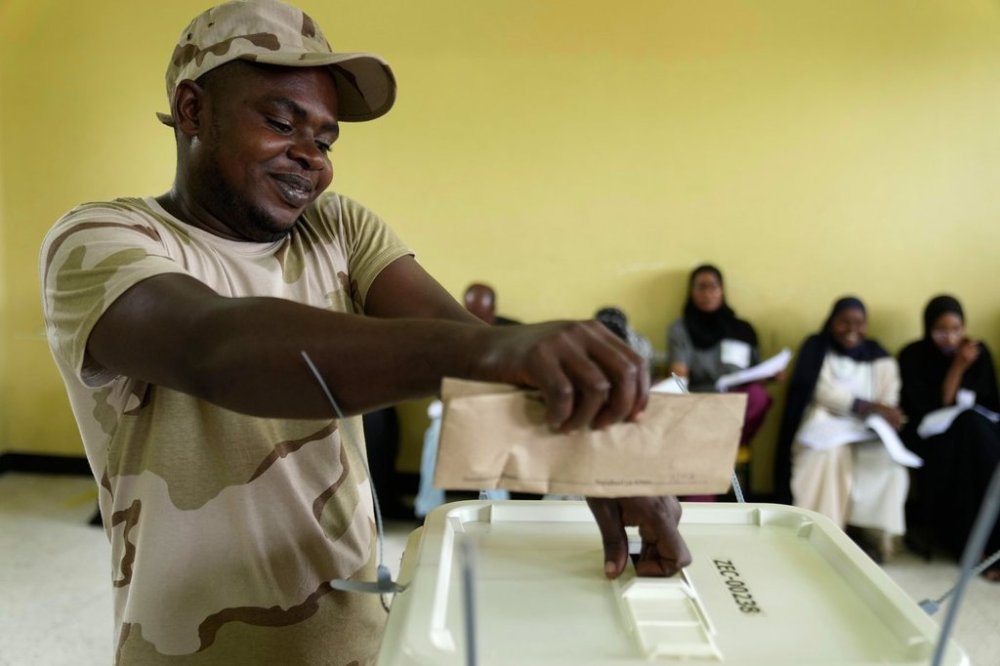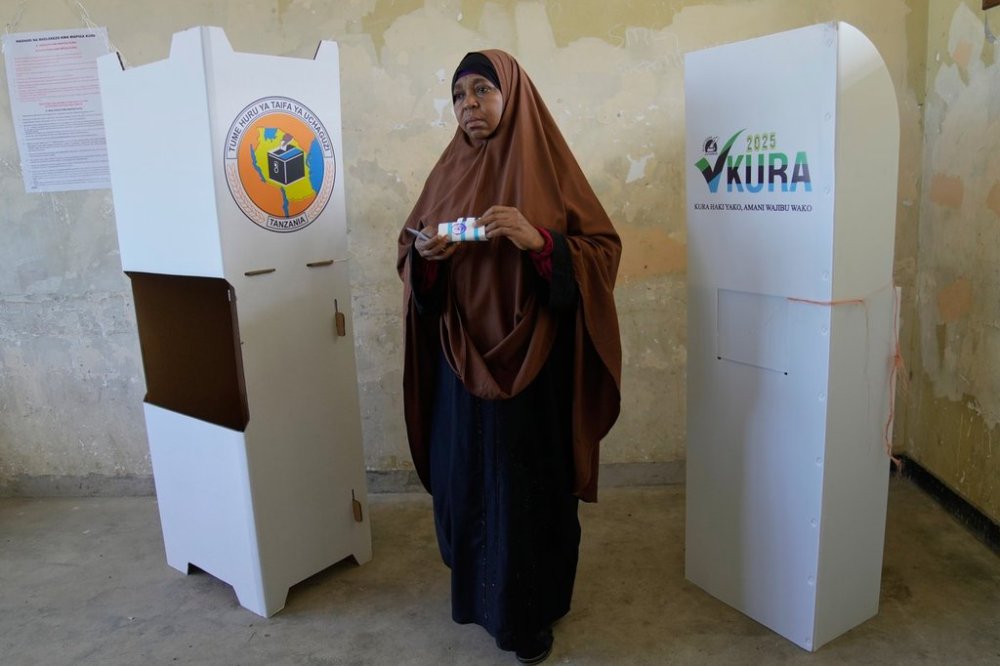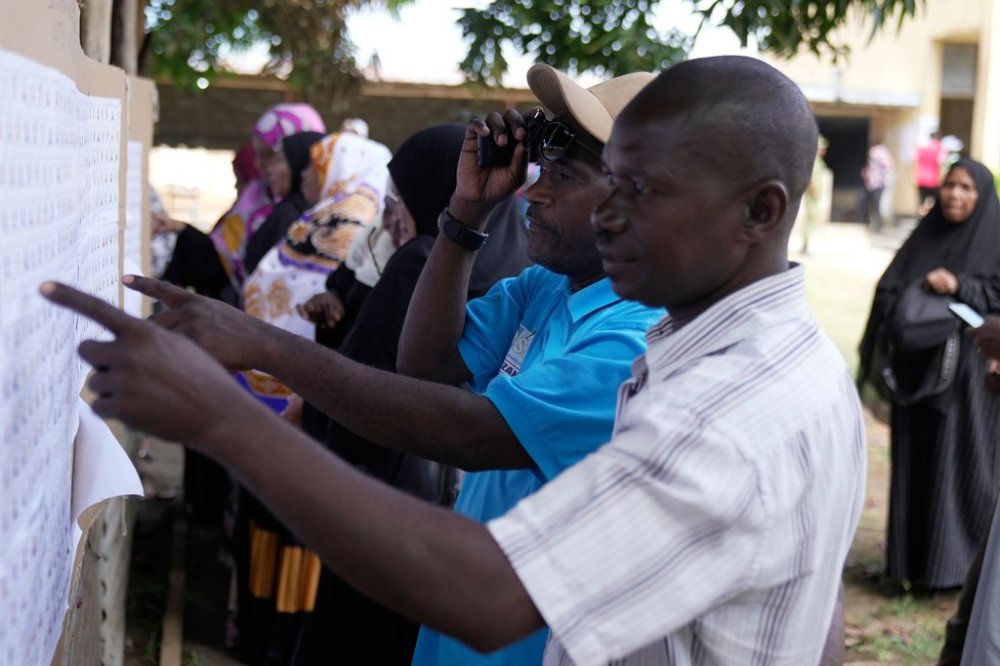Tanzania deploys the military and imposes a curfew on election day after protests erupt
Advertisement
Read this article for free:
or
Already have an account? Log in here »
We need your support!
Local journalism needs your support!
As we navigate through unprecedented times, our journalists are working harder than ever to bring you the latest local updates to keep you safe and informed.
Now, more than ever, we need your support.
Starting at $15.99 plus taxes every four weeks you can access your Brandon Sun online and full access to all content as it appears on our website.
Subscribe Nowor call circulation directly at (204) 727-0527.
Your pledge helps to ensure we provide the news that matters most to your community!
To continue reading, please subscribe:
Add Brandon Sun access to your Free Press subscription for only an additional
$1 for the first 4 weeks*
*Your next subscription payment will increase by $1.00 and you will be charged $20.00 plus GST for four weeks. After four weeks, your payment will increase to $24.00 plus GST every four weeks.
Read unlimited articles for free today:
or
Already have an account? Log in here »
NAIROBI, Kenya (AP) — Tanzania ‘s presidential election teetered toward chaos on Wednesday as protests erupted, the military was deployed, internet service was cut and a curfew was announced in the commercial capital, Dar es Salaam.
Critics of President Samia Suluhu Hassan, who seeks a second term, and the Chama Cha Mapinduzi party that’s ruled since independence in 1961 went into the streets to protest the harassment of opposition leaders, asserting that it had limited the election choices.
The U.S. Embassy issued a security alert citing “country-wide” protests in the east African nation.

Tanzania’s inspector general of police, Camillus Wambura, announced the curfew in Dar es Salaam as of 6 p.m., after hundreds of protesters in the Kimara and Ubungo neighborhoods set a bus and a gas station ablaze. Local media reported protests in Magomeni, Kinondoni and Tandale neighborhoods, with polling stations vandalized in districts outside the capital of Dodoma including Arusha and Mbeya.
The military was seen deployed in Dodoma and Zanzibar, including along streets where media organizations are located.
Dar es Salaam Regional Commissioner Albert Chalamila told journalists that security agencies were ready to deal with any “disruptors of peace.”
Netblocks, an internet access advocacy group, noted a “nationwide disruption to internet connectivity.”
Human rights organizations have long accused Tanzania’s administration of arresting, detaining and intimidating critics and opposition members. The leader of the main opposition CHADEMA party, Tundu Lissu, is in prison and faces treason charges after calling for electoral reforms, while the candidate of the second-largest opposition party was barred from running.
Amnesty International said the atmosphere around the election was characterized by fear, saying it had verified cases of enforced disappearances, arbitrary arrests and extrajudicial killings ahead of the polls.
Preliminary election results were expected within 24 hours, but the electoral commission has up to seven days to announce the final outcome.

A spot check across dozens of polling stations revealed a low turnout, especially among younger voters.
A university student, James Matonya, told The Associated Press he didn’t vote because the election was a “one-horse race.”
Hassan seeks her first full term as president after completing the term of her predecessor, John Magufuli, who died in 2021. Sixteen opposition candidates representing smaller parties were also on the ballot.
There was no immediate public statement by the president or ruling party as events unfolded Wednesday.
Tanzania has more than 37 million registered voters, a 26% increase from 2020, but analysts have warned of voter apathy, citing the perception that Hassan will cruise to victory unchallenged.
An opposition party in Tanzania’s semi-autonomous archipelago of Zanzibar, ACT Wazalendo, alleged that early voting on Tuesday by electoral and security officials cast ballots was marred by irregularities that included voters impersonating security officials and the barring of party representatives by electoral officials.

The electoral commission said it had followed the law in conducting the early vote.
___
This version corrects the first name of the Dar es Salaam regional commissioner to Albert.
